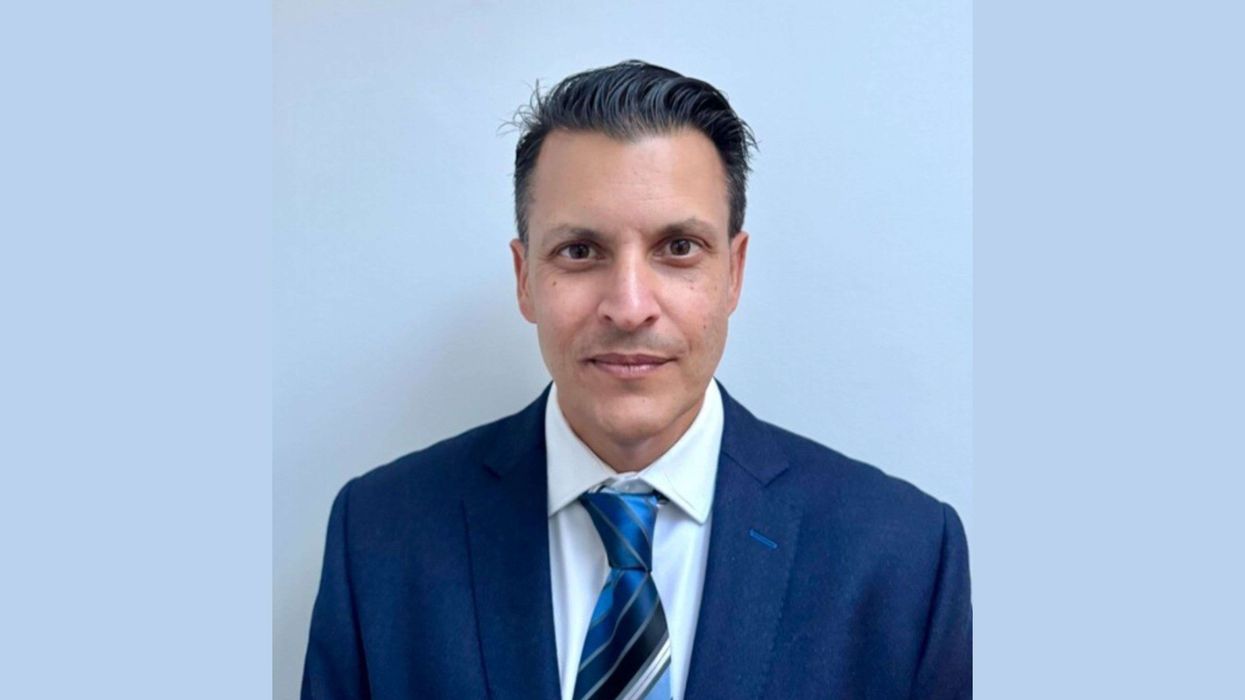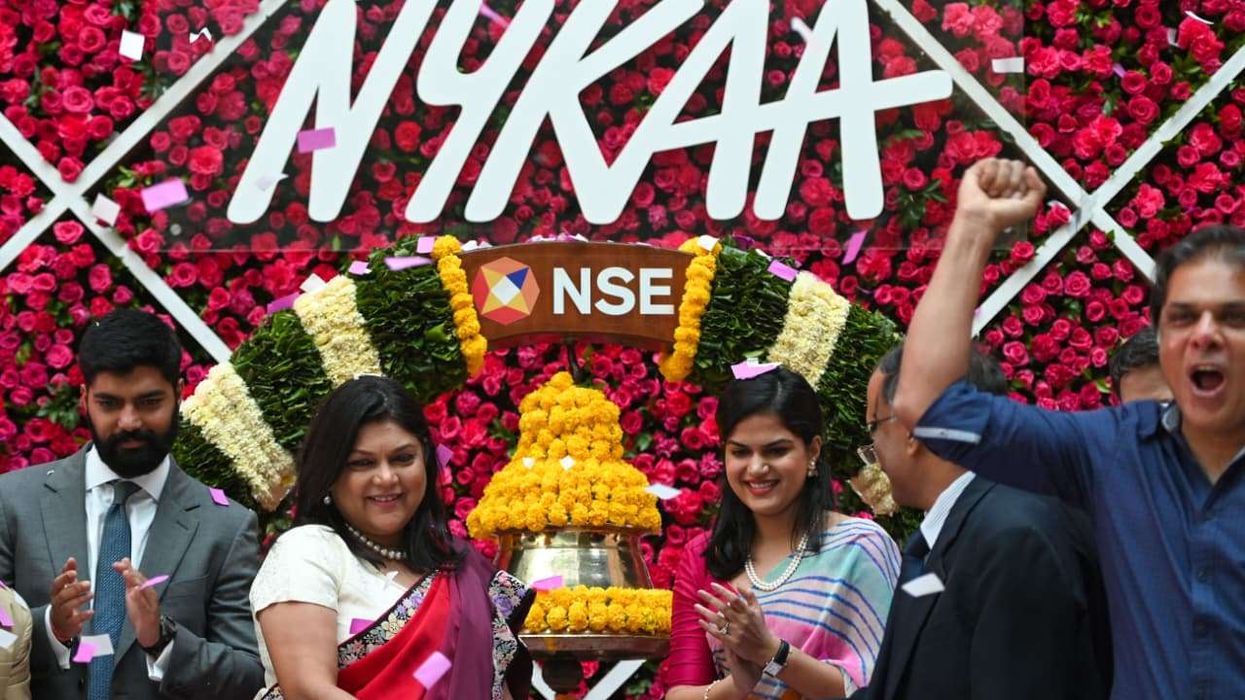Indian-origin retail brothers - Simon, Bobby and Robin Arora - have been ranked Britain's 24th highest taxpayers, according to a new top 50 list compiled by The Sunday Times.
The Arora family, behind the B&M chain of discount stores, paid £25.6 million towards their 2017-18 tax bill against wealth which was estimated at £2.3 billion by the Eastern Eye Rich List last year.
The UK's highest taxpayer was named as sportwear businessman Stephen Rubin, who paid £181.6 million in tax in 2017-18 against a wealth estimate of £2.8 billion.
"These are the taxman's best friends those who make the inaugural Sunday Times Tax List based on the taxes due on their business profits, share sales, dividend income, house purchases and, where known, personal income through their salaries," the newspaper noted.
"The super-rich are often castigated for not paying their fair share of tax, for deploying all tax avoidance measures at their disposal, yet the top 1 per cent of earners are expected to yield 28 per cent of all income tax receipts for 2017-18," it noted.
Based on Merseyside in north-west England, B&M paid £143.2 million in corporation tax, customs duties, stamp duty and other taxes in 2017-18, with £63 million in dividends.
The Arora brothers, who built the business, own just under 15 per cent of it, with 49-year-old Simon its chief executive.
"We ascribe to them a share of the business and dividend taxes on this basis, together with tax due on the £.3 million pay package of chief executive Simon Arora," the report noted.
Known for its annual Rich List of the UK's wealthiest people, the newspaper released its first-ever list ranking top 50 tax contributions as the UK's January 31 income tax return filing deadline nears.
Gambling giants behind Bet365 Denise, John and Peter Coates and vacuum-clean entrepreneur Sir James Dyson make up the country's top three taxpayers at £156 million and £127.8 pounds respectively.
Just two of the top taxpayers also appear in the newspaper's top 10 Rich List, which is based on their overall wealth while the tax calculations are based on income.
Also on the list are the owner of Home Bargains, Tom Morris and his family (£39.2 million); Sports Direct owner Mike Ashley (£30.4 million); well-known bakers the Warburton family (£14.5 million); and footballer David and wife Victoria Beckham in the 49th place (£12.7 million).
According to the report, the 50 top taxpayer entries paid nearly £2 billion in UK tax last year. Tax paid overseas was not included in calculations of tax liability and the debut top 50 tax list includes 28 of the 145 billionaires and 18 of the 855 millionaires on last year's Sunday Times Rich List.
In the UK, super-rich individuals and companies are liable for different tax brackets including Corporation Tax, which is paid at a rate of 19 per cent on all company profits. The amount ascribed to individuals by the newspaper is in proportion to their stake in the business
Dividend Tax is paid at a rate of 38.1 per cent for additional rate taxpayers (those earning more than £150,000 a year on overall value of dividends received. Capital Gains Tax is due at 10 per cent on sales of businesses or parts of businesses for those qualifying for Entrepreneurs' Relief and Income Tax is paid at 45 per cent on earnings above £150,000.












